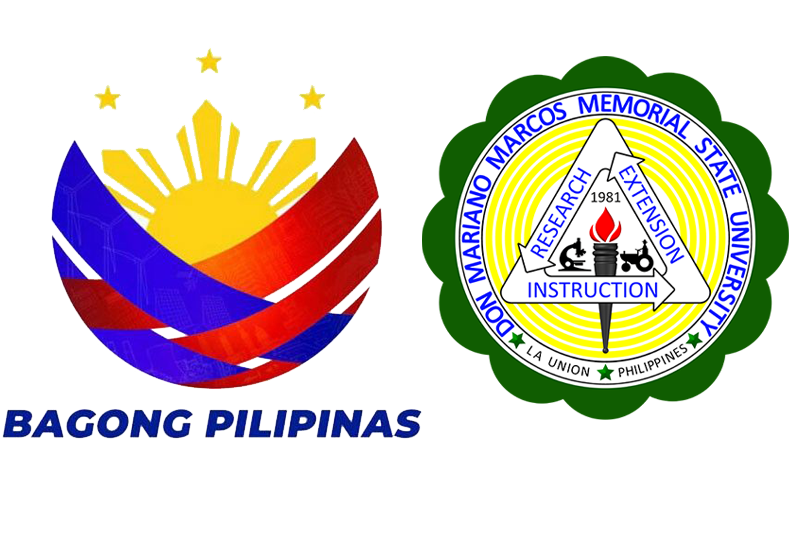
DMMMSU- MLUC Information and Communication Technology (ICT) Head Dr. Eusebio L. Mique, Jr. was part of the Information Technology Passport Examination Council (ITPEC) Question Formulation Meeting (QFM) in Bangkok, Thailand, from June 5 to June 7, 2024.
The meeting, sponsored by Japan’s Information Technology Promotion Agency (IPA) in coordination with the National Science and Technology Development Agency (NSTDA), focused on selecting and screening exam questions for the 37th ITPEC Exam scheduled for October 2024.
The semi-annual QFM serves as a platform for question makers from the six ITPEC countries to collaborate on improving the quality of exam questions and exploring opportunities for partnership. This inclusive approach ensures that all voices are heard and considered. Key agenda items include analyzing examinees’ performance from the April 2024 exam, selecting questions for the upcoming October exam, and addressing challenges in achieving high question ratings.
Discussions also covered the development of high-quality questions in information security for the FE and AP exams, aiming to encourage greater contributions in this area. The event, which featured presentations, workshops, and collaborative sessions, was crucial in enhancing the formulation of exam questions and improving the overall performance of examinees.
Participants had the opportunity to share best practices, review and refine submitted questions, and engage in meaningful discussions to strengthen IT certification examinations across ITPEC countries. ITPEC is an organization that coordinates and conducts standardized examinations in information technology and related fields across Asia. The ITPEC was established to promote mutual recognition of IT qualifications among participating countries and enhance IT professionals’ mobility within the region. Member countries of ITPEC include Japan, Vietnam, Myanmar, Malaysia, Mongolia, Thailand, Indonesia, the Philippines, and Cambodia, among others. The examinations administered by ITPEC aim to assess and certify the competence of IT professionals based on standardized criteria and curriculum. (By Jesus Rafael B. Jarata)
